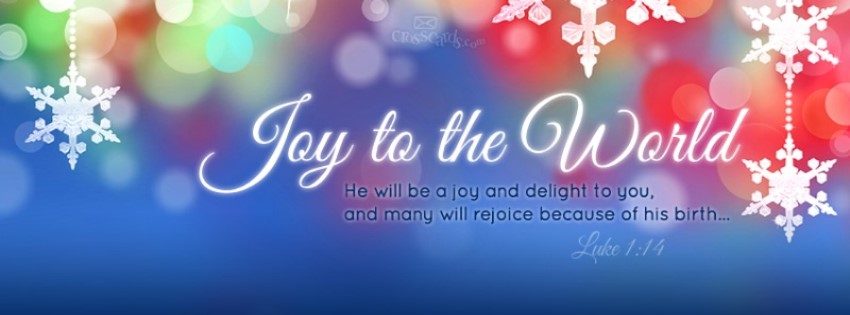12/21/2017
So What?
The origins of Christmas have a lot to do with today, the Winter Solstice and shortest day of the year. Whether it is the Roman Saturnalia and Sol Invictus celebrations or the Norse Yule, many ancient cultures had solstice festivals. Later, Christians came along and adopted these celebrations to honor the birth of Christ. The logic behind it all is not hard to see or understand. With all these pagan celebrations around the birth of the Sun, Christians thought they could do better by honoring the birth of the Son. This is an over-simplification of course, (and just one among several theories, btw) but it is not far off the mark.
Some Christians are bothered by the pagan precursors behind Christmas, and skeptics use it as a way of trying to discredit the faith. I am not concerned by any of this. We don’t really know when Jesus was born, but most scholars lean toward a springtime birth for Jesus. When the Church began to look for a date to honor the birth of Christ, this time must have seemed to them an obvious choice.
At Christmas we commemorate the birth of Jesus and the profound mystery of the Incarnation, God dwelling among us as one of us. In a lesser way, by having this Feast at this particular time, Christmas also represents to us the missionary impulse of the Church. Early Christians saw all the pagan festivals going on around them, saw an obvious connection to the Gospel in them, and sought to transform them by giving them Christian meaning. They did it to make the Gospel more understandable and accessible to those they were trying to reach. There is nothing wrong with that!
It’s true, Christmas has its origins in pagan solstice celebrations. So what? Perhaps it’s this – in our own day and in ways that fit culture today, we need more of the same missionary and Incarnational impulse that gave us Christmas on this particular day.
See you Sunday!
-Bill


